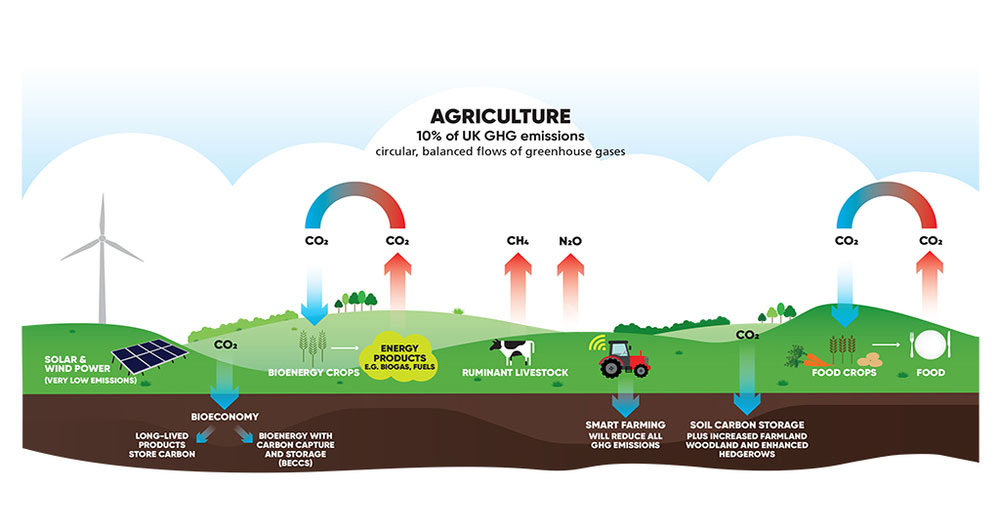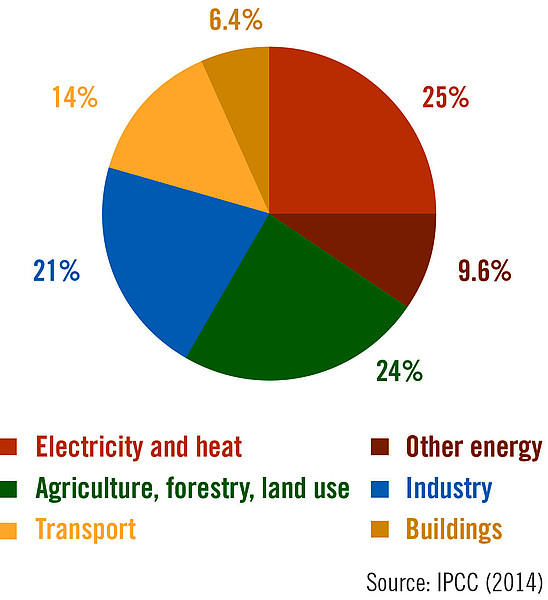Building a Vision for Achieving Net-Zero Food System Emissions by 2050
The road to zero GHG emissions is paramount for avoiding global warming higher than 1.5°C by the end of the 21st century. Food systems, particularly industrial agriculture emit approximately 35% of the total global GHG emissions. As the population is expected to grow to 9 billion by 2050, food demand will increase and agriculture outputs will follow.

The University of Vermont is leading the way net-zero emissions for food systems. Through the Gund Institute for Environment , UVM held a webinar on January 28th 2022 to discuss exactly what achieving a net-zero food system would look like. In attendance were several key players in the climate change justice movement; Federico Bellone of Climate Champions gave the welcome remarks, Cinco Costa Jr., Alliance of Biodiversity & CIAT was the Keynote speaker. The panel consisted of Stephanie Roe, World Wide Fund for Nature, Nick Gardener, Sustainability and Multilateral Affairs, U.S. Dairy Export Council, Autumn Fox, MARS Inc., Maurico Benitez, responsAbility, and Tim Searching, Princeton University and the Food Program, World Resources Institute.

The Panel addressed several topics such as the the contribution of land use to global mean air temperature rise. Also the Senior Manager of Climate Sustainability at MARS Inc. Autumn Fox spoke about the role that food companies can play in driving change.
This is often a point of contention with climate activists. Many in the climate justice fight believe that companies such as MARS Inc. or Nestle are the big bad guy that is ruining the world. And in many cases that isn’t far from then truth. However, we talk about including all the stakeholders at the table to address a net-zero future that means the powerful companies as well. The reach of a company like MARS is global. Yes, small scale farmers need help with climate smart adaptations, and large scale food producers should be the ones to provide that help. Small changes from large companies have scalability and can make a big difference on the road to a net-zero world.
Finally, the closing remarks were provided by Line Wollenberg, University of Vermont & Alliance of Biodiversity & CIAT.
Links
https://www.globalagriculture.org/report-topics/climate-and-energy.html
